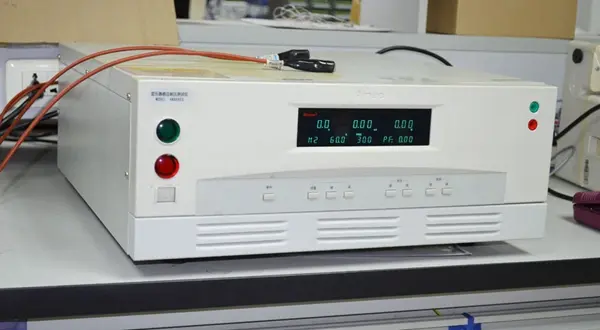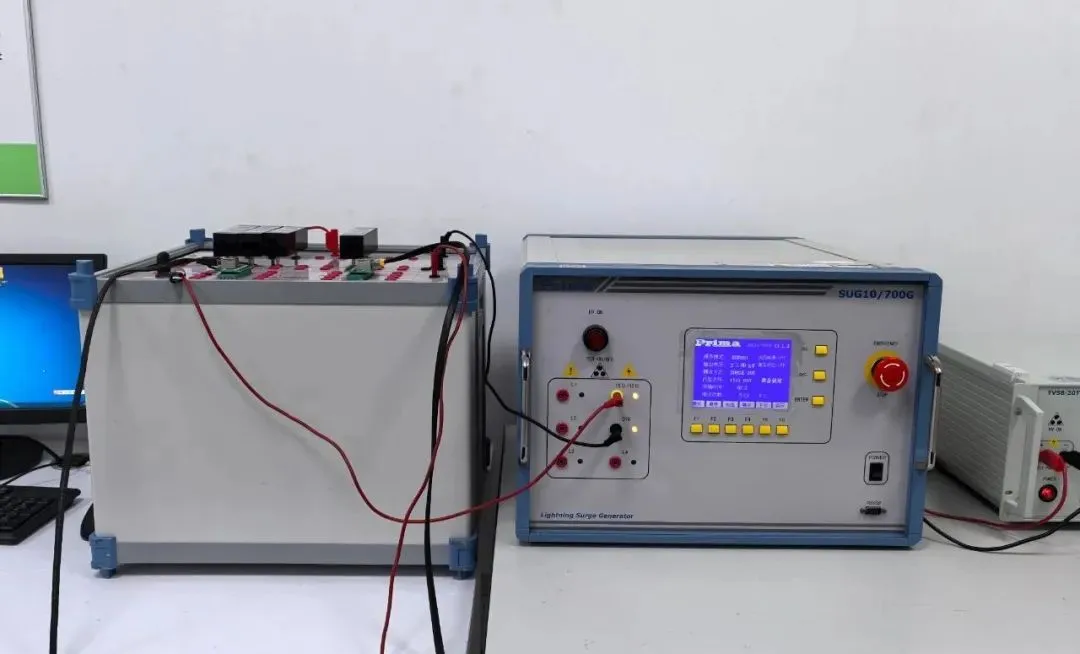
Button Cell Battery Testing and Certification
Button cell batteries, also known as button batteries, are batteries shaped like a small button, typically characterized by a larger diameter and thinner thickness (compaRED to cylindrical batteries such as AA). Button cell batteries are categorized by shape, alongside cylindrical, square, and irregULar-shaped batteries.
Button cell batteries are commonly available in rechargeable and non-rechargeable types. Rechargeable versions include 3.6V lithium-ion button cells (LIR series) and 3V lithium-ion button cells (ML or VL series). Non-rechargeable options include 3V lithium-manganese button cells (CR series) and 1.5V alkaline zinc-manganese button cells (LR and SR series).
According to new U.S. regulations, button cell batteries must undergo UL 4200a:2023 testing and bear a label. Common button cell types include AG3, AG10, and AG13 used in toys and gifts, CR2032 used in computer motherboards, CR2025 used in electronic dictionaries, and CR2016 or SR44, SR626 used in electronic watches.
Certification Standards by Country
- USA: Requires UL certification under standards ul 1642 and UL 4200A:2023 for button cell batteries.
- IECEE: Uses CB scheme with standards iec 62133:2012 for rechargeable button cells and iec 60086-4 for non-rechargeable button cells.
- EU/Germany: TUV mark certification under EN 62133:2013 for rechargeable button cells and EN 60086-4 for non-rechargeable button cells.
- Air/Sea Transport: Complies with un38.3 standard (ST/SG/AC.10/11/Rev.5 Section 38.3/Amend.2) for battery packs or cells.
Our Advantages
1. We possess professional qualifications (IEC 17025) and an experienced expert technical team to provide you with professional consultation and services.
2. Our advanced laboratory equipment ensures the accuracy and reliability of test data.
3. As a trusted third-party testing and certification organization for global customers, we are your certificate of quality.
Email:hello@jjrlab.com
Write your message here and send it to us
 Global Certification Guide for Lithium Batteries
Global Certification Guide for Lithium Batteries
 Compliance of Amazon 18650 Lithium Battery Product
Compliance of Amazon 18650 Lithium Battery Product
 What is CE Certification and EU Authorized Represe
What is CE Certification and EU Authorized Represe
 What Are the Lithium Battery Safety Tests?
What Are the Lithium Battery Safety Tests?
 What is the EN 61326-2-3 Standard?
What is the EN 61326-2-3 Standard?
 Why Do Smart Sockets Need IEC 60884 Certification?
Why Do Smart Sockets Need IEC 60884 Certification?
 Why Retest the Device if the 5G Module Already Has
Why Retest the Device if the 5G Module Already Has
 Overview of IEC 62087 Test Standard
Overview of IEC 62087 Test Standard
Leave us a message
24-hour online customer service at any time to respond, so that you worry!




